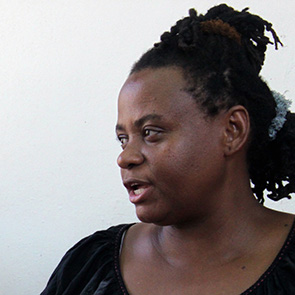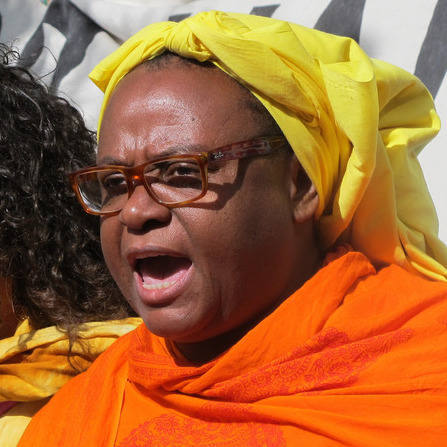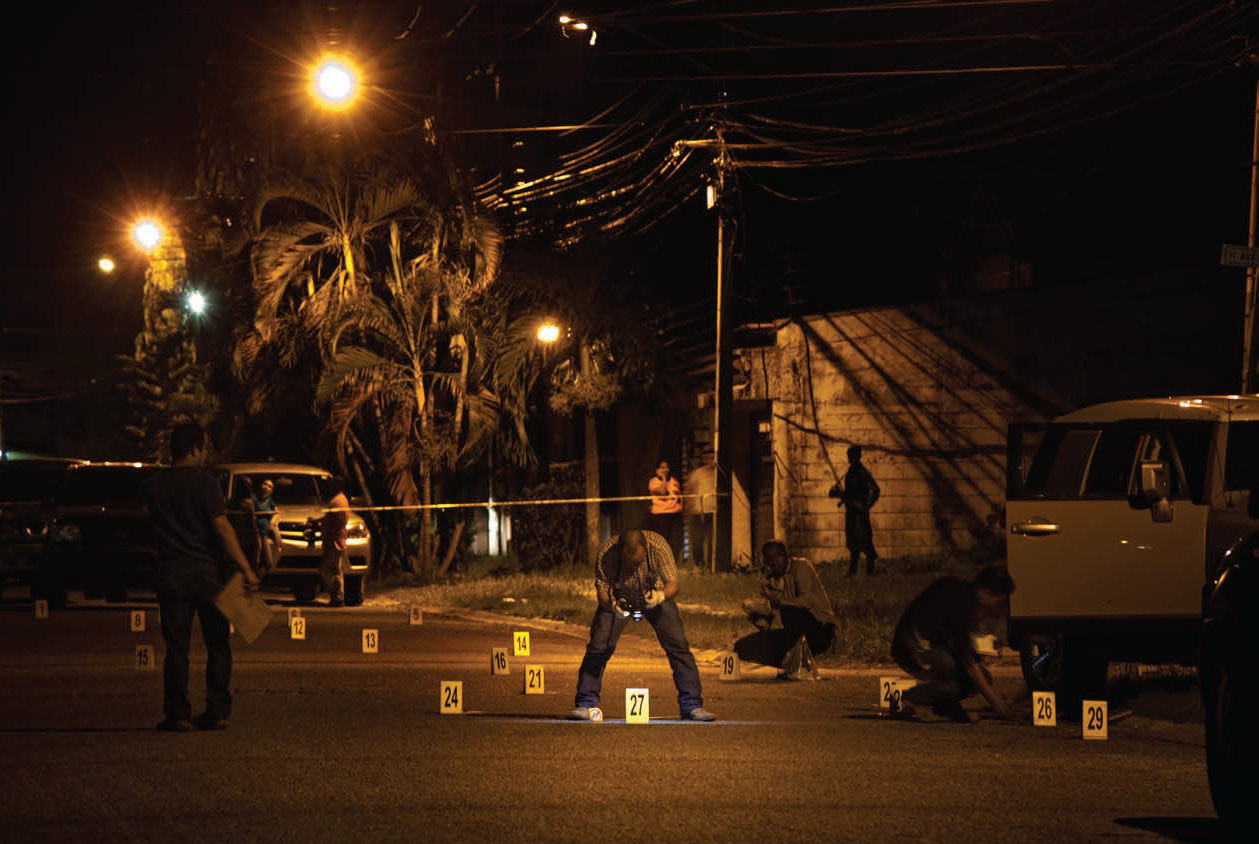
The Carlos Escaleras environmental award was given to Miranda by the Centro de Derechos de Mujeres, the Equipo de Reflexión, Investigación y Comunicación and the Fundación San Alonso Rodríguez in recognition of her work with OFRANEH to protect and defend ancestral territories in Honduras.
The Premio Nota SOL, is given "to recognize and encourage groups that are carrying out, or have already carried out actions, initiatives, and projects designed to strengthen the culture of indigenous peoples, foster sustainable development, and defend their universal human rights."
Miriam Miranda Chamorro is the President of the Organización Fraternal Negra Hondureña – OFRANEH an organisation which has worked since 1978 for the promotion of the Afro-Carribean Garífuna community's capacity for self-determination through programmes which support their political, social, economic and cultural advancement.
In October 2016, Miriam Miranda was awarded the Carlos Escaleras Prize in recognition of her human rights work, which involves protecting and defending ancestral territories of the Garífuna people in Honduras. After being granted precautionary measures by the Inter-American Commission on Human Rights on 20 September 2011 (MC 322/11), Miriam Miranda has continued to face threats and attacks, including violent arrest, kidnapping and harassment. In October 2016, OFRANEH was the recipient of the Nota SOL Prize, which recognises groups that implement projects to strengthen the culture of indigenous peoples, foster sustainable development and defend their human rights. In 2015, OFRANEH was awarded the Food Sovereignty Prize, which honours grassroots activists working for a more democratic food system.
She was a participant in the 2005 Dublin Platform for human rights defenders.



